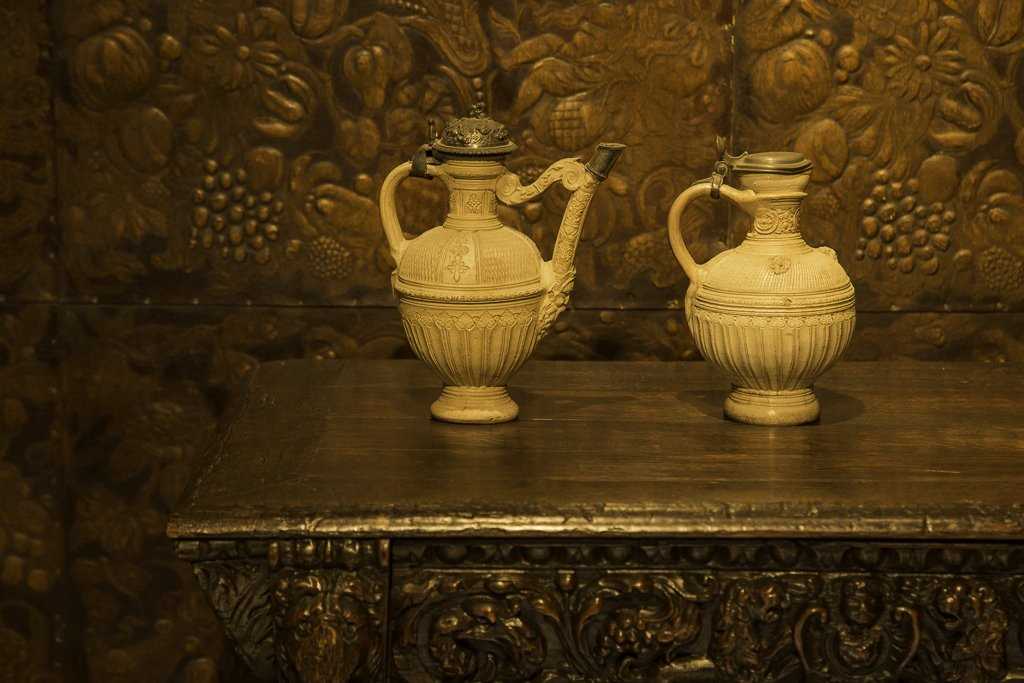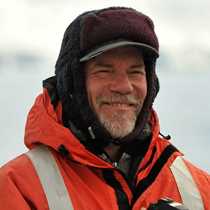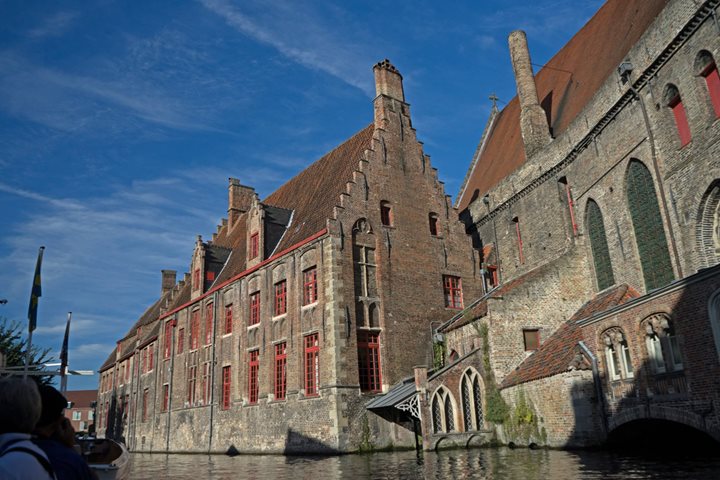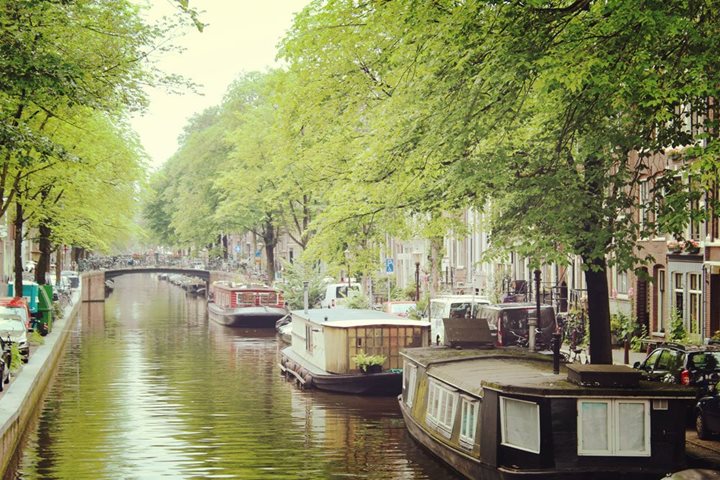Ever since passing through the Kiel Canal on Monday, we have been travelling through the region of Europe known as the Low Countries. Today this usually refers to the modern states of Belgium, Luxembourg and the Netherlands (the Benelux countries), but the term has been in use for many centuries, long before these nations were named and their borders defined (of course the old name persists in the Netherlands, which means, literally, lowlands).
In modern world affairs these are small nations, generally peripheral to the greater scope of geopolitics, but in the past the Low Countries were an important center of great art, a sponsor of many early voyages of exploration, the hub of the world’s first great financial network and a pivotal point in the great political and religious wars that swept across the continent for five centuries.
Even today, in the busy cities and quiet towns we explored, in the monumental churches and world-class museums we visited and in the gracious people we met, there remain echoes of these generations of war and economic empire, fascinating traces of a terrible, glorious past.
Through the morning we cruised the narrow channels between the low islands of Zeeland, still within the borders of the Netherlands, until we reached the busy canal that led us into the heart of Antwerp. From our berth, many of us simply strolled across the street for a walking tour of the old city center, including stops in the magnificent Cathedral of Our Lady and the Rubenshuis – the former home of the great painter Peter Paul Rubens. Our guides entertained us with many delightful stories of hidden details in both buildings and in the later afternoon we had the opportunity to entertain ourselves with further explorations, a noble undertaking that usually led directly to the nearest chocolate boutique!
While we enjoyed Antwerp, some of our shipmates rode coaches to Brussels where the highlight was a visit to the Grand Palace and the Great Market square, gorgeous buildings which are the very distillation of Belgium’s rich history as the ‘Battleground of Europe’ and a dominant force in the global economy. The day was warm and sunny, but all of us could sense the stormy storm clouds of this small nation’s past, not far over the horizon.






